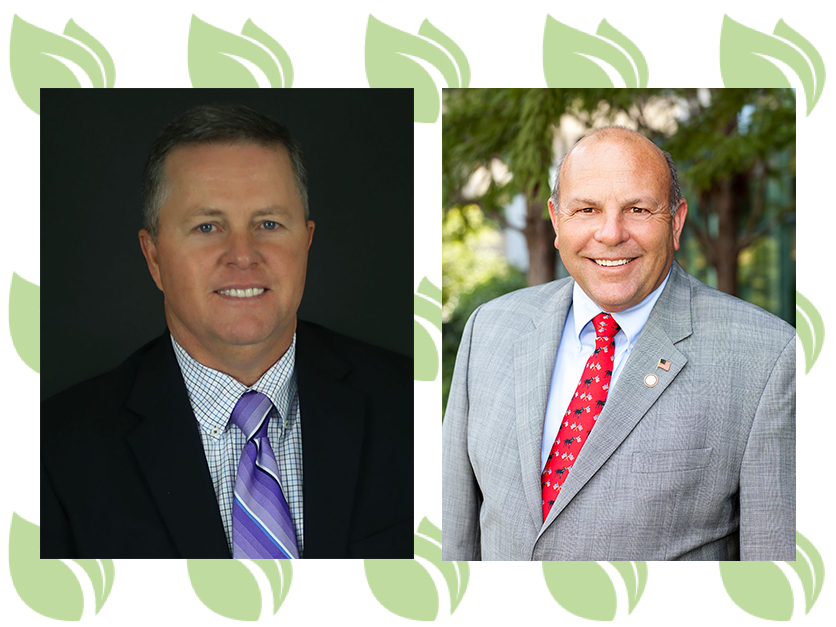Last week, the Food and Drug Administration (FDA) responded to calls from our community to reconsider its role in regulating gene editing technology in animal agriculture. Despite the Trump administration’s recent directive to streamline costly and overly burdensome regulations that inhibit innovation and investment, FDA maintains it is unwilling to cede any regulatory control of this important technology.
This is a mistake with dire consequences for America’s livestock industry, which now accounts for hundreds of thousands of U.S. jobs and nearly 6 percent of GDP. Gene editing technology will enable America’s farmers to remain competitive in a global market. Currently, utilization of the technology faces an impractical, lengthy and expensive approval process in the FDA, ensuring it remains inaccessible to livestock farmers. Allowing the FDA to continue regulating in this way effectively drives elite animal breeding out of the U.S—long an international leader—and places our farmers at a potentially catastrophic disadvantage with foreign competitors.
Despite FDA’s assertion that it has developed an appropriate regulatory framework to evaluate emerging technologies, its track record speaks for itself. Its process has brought only one animal—the AquAdvantage salmon—to market, and that approval took nearly two decades.
America’s livestock farmers don’t have the time to wait. Other countries, including Canada, Argentina and Brazil, are rapidly moving ahead with less cumbersome approval processes. The European Union and China are devoting resources to exploring gene editing as a way of making pigs resistant to African swine fever--- a disease that is decimating hog herds globally. Should any of these countries gain a competitive advantage while our farmers have their hands tied with insurmountable regulations, it will effectively spell the end of the U.S. as the global leader in agricultural innovation.
It is our position that the United States Department of Agriculture (USDA) must have the lead role in regulating this important technology on farms. The USDA has a long tradition of investing in research, pioneering new techniques and leading the implementation of technologies on farms around the world. In addition, the USDA has the understanding and history of working with livestock issues, and already has in place the Animal Health Protection Act, which would regulate gene-edited animals. The FDA’s claim to regulatory authority stems from the Federal Food, Drug and Cosmetic Act, a 1938 law that was intended to regulate drugs and processed foods, not farm animals. The FDA has no experience with on-farm production, while the USDA has thousands of people solely dedicated to regulating farming operations, the health of livestock, and food safety.
FDA regulation of gene edited livestock is forcing a square peg into a round hole. The status quo is simply not tenable for our community. FDA must come back to the table and have a much-needed conversation about appropriate oversight of gene-editing in livestock. This is too important a technology to effectively throw away because of a broken regulatory framework. The livelihoods of thousands of American livestock farmers depend on it.
Zippy Duvall, a poultry and livestock producer from Georgia, is president of the American Farm Bureau Federation, the nation’s largest general farm organization.
David Herring, a hog farmer from Lillington, N.C., is president of the National Pork Producers Council and vice president of TDM Farms/Hog Slat Inc., a family owned company. David and his brothers, Tommy and Mark, started TDM farms in 1983 growing feeder pigs for market outdoors. Today, TDM Farms is a sow farrow-to-finish operation with farms in North Carolina, Indiana and Illinois.

